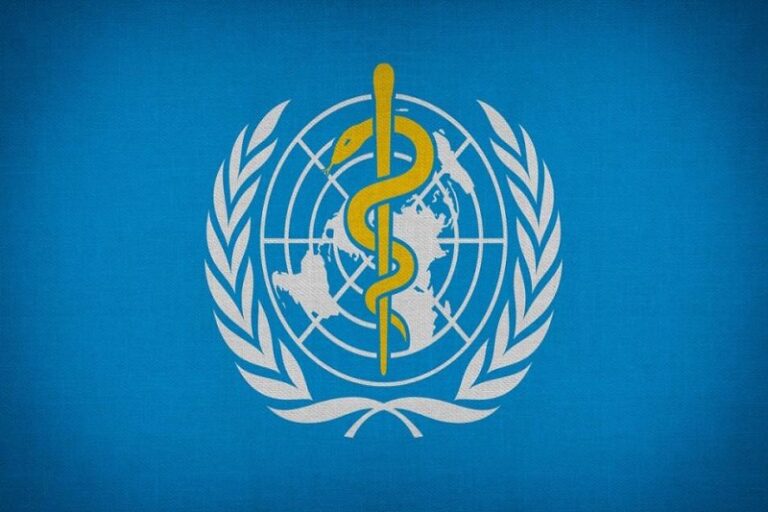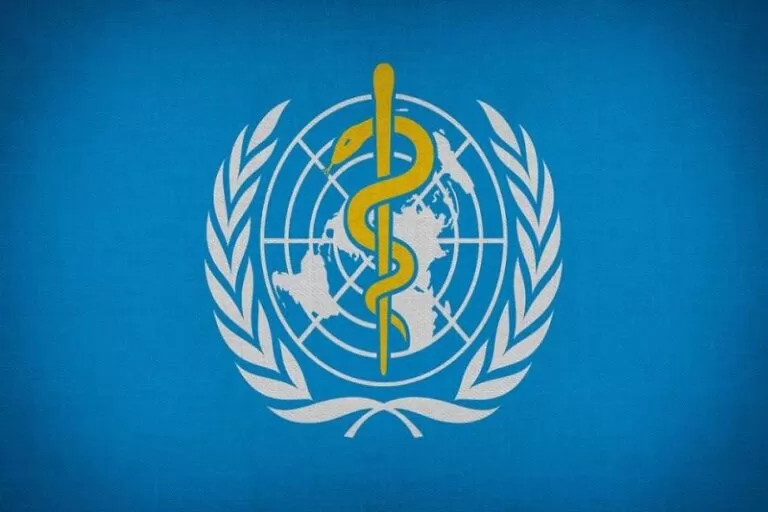

according to the who, infertility affects one in six individuals globally
According to a new report from the World Health Organization (WHO), approximately one in six people all over the world will experience infertility at some point during their lifetime. The report also states that more work needs to be done to increase access to affordable and high-quality fertility care. According to the health agency of the United Nations, about 17.5% of adults have trouble getting pregnant. The agency also says that the rate of infertility doesn’t change much from one part of the world to another.
In countries with a high income, the lifetime prevalence was 17.8 percent, whereas it was 16.5 percent in countries with a low or medium income. In a statement, Dr. Tedros Adhanom Ghebreyesus, the Director-General of the World Health Organization (WHO), said, “The report shows an important truth: infertility doesn’t care who you are.” “The sheer number of people affected shows how important it is to increase access to fertility care and make sure this issue isn’t pushed to the side in health research and policy.” This is necessary to make sure that people who want to have children have access to safe, effective, and affordable ways to do so.
Infertility is an illness that can affect either the male or female reproductive systems. It is defined as the inability to achieve a pregnancy after attempting to do so for a period of at least a year. According to the WHO, those who are afflicted by it may experience significant distress, societal stigma, and financial hardship, all of which have an effect on their mental and psychosocial wellbeing. Most medical treatments for preventing, diagnosing, and treating infertility, such as assisted reproductive technology (ART) like in vitro fertilization (IVF), are not well-funded, and many people can’t get them because they are too expensive or not available.
The cost of fertility procedures is typically paid for out of pocket. In a separate report on the costs of infertility treatments, a United Nations agency found that the direct medical costs paid by patients for a single round of in vitro fertilization (IVF) are often higher than the average annual income of the patient. “Millions of people face catastrophic healthcare costs after seeking treatment for infertility,” Dr. Pascale Allotey, director of Sexual and Reproductive Health and Research at the WHO, said in the statement. “This is a major equity issue and, all too often, a medical poverty trap for those affected.”
Better policies and public funding can make it much easier for people to get the care they need. This can also keep low-income households from falling further into poverty. The World Health Organization (WHO) put out a report based on research that looked at how common infertility is around the world and in different regions from 1990 to 2021.
Two mobile telecom leaders, MTN Group and Airtel Africa, joined forces to create a new digital infrastructure system throughout African…
South African President Cyril Ramaphosa defended his nation against claims of white discrimination made by tech magnate Elon Musk. After…
Hilton launched Signia by Hilton for its first appearance in Egypt and Africa through its hotel expansions. These hotels at…
UNICEF reported that, nearly 2900 people died of cholera across Eastern and Southern African countries while children suffer most greatly…
Enza, based in the United Arab Emirates, obtained $6.75 million in initial investment funding from Algebra Ventures and Quona Capital.…
US Secretary of State Marco Rubio ordered South African Ambassador Ebrahim Rasool to leave America by March 21 because he…
This website uses cookies.